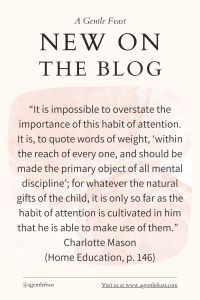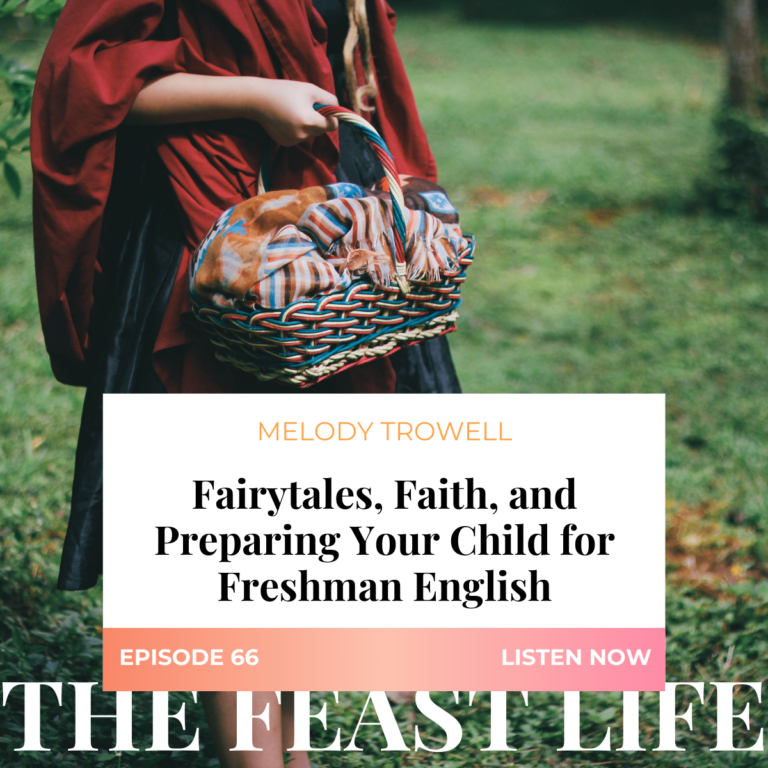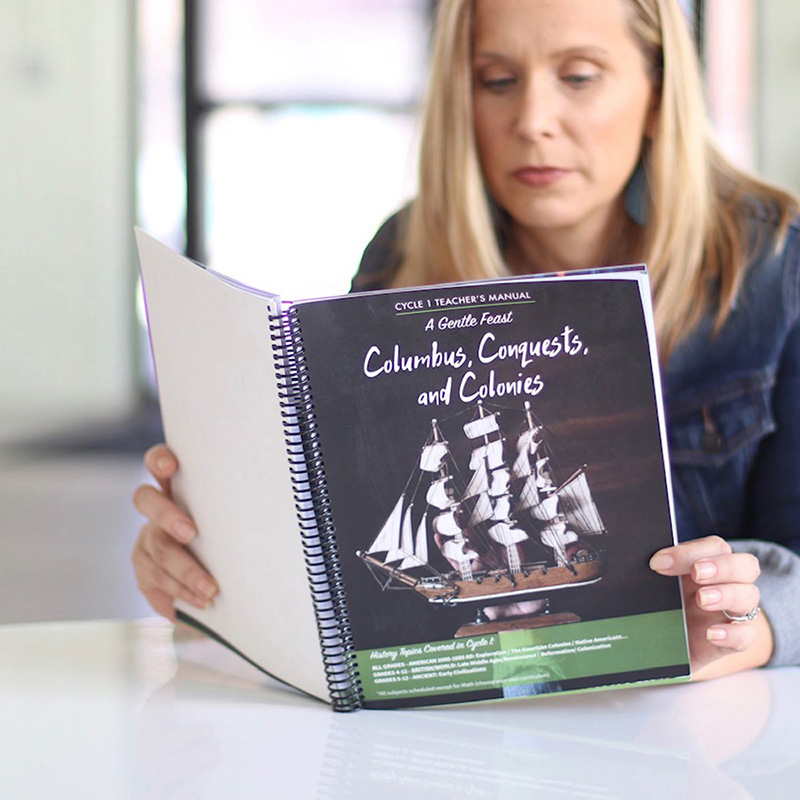
As parents and educators seek holistic and effective teaching methodologies, the Charlotte Mason approach has gained significant recognition for its focus on nurturing a child’s innate curiosity and fostering a love for learning. Central to this philosophy is the understanding that the role of the teacher goes beyond traditional instruction. In a Charlotte Mason education, the teacher assumes the role of a guide, facilitator, and mentor, fostering an environment that encourages exploration, creativity, and a lifelong passion for learning.
In the Charlotte Mason method, the teacher plays a vital role in shaping the educational atmosphere. The classroom environment is intentionally designed to be rich with diverse, living materials—books, nature specimens, art, and music—inviting students to engage deeply with their surroundings. The teacher selects high-quality living books that present ideas in a lively and personal manner, captivating the student’s imagination and encouraging them to think critically.
A very important aspect of cultivating the atmosphere is looking over the work of the day in advance in order to adequately prepare the feast for the day. This gives the ability to set the atmosphere, because the teacher is not struggling to make it through the day, figuring it out as they work through one thing at a time.
“The Teacher’s part is, in the first place, to see what is to be done, to look over the work of the day in advance and see what mental discipline, as well as what vital knowledge, this and that lesson afford; and then to set such questions and such tasks as shall give full scope to his pupil’s mental activity.” (School Education, pp 180-181)
The teacher’s responsibility in a Charlotte Mason education is not to simply transfer facts to students, but to present them with living ideas that spark curiosity and encourage a hunger for knowledge. Teachers read aloud to students, exposing them to a wide range of subjects, and then engage in thoughtful discussions that allow students to narrate back what they’ve absorbed. This narration process develops their ability to express themselves coherently and enhances their listening and comprehension skills.
Narration is a cornerstone of the Charlotte Mason method. The teacher’s role in this process is to listen attentively as students narrate their understanding of a reading or a lesson. This simple yet powerful technique not only assesses comprehension but also encourages students to develop their own thoughts, opinions, and connections. Through narration, the teacher helps students refine their communication skills and gain confidence in their ability to articulate ideas.
Attention is a skill crucial to learning, and the teacher in a Charlotte Mason education aims to cultivate this habit. By presenting captivating and diverse materials, the teacher captures the student’s attention and nurtures their ability to focus on a subject. This skill goes beyond the classroom, serving students well throughout their lives as they engage deeply with various topics.
One of the key aspects of the Charlotte Mason philosophy is that Education is a Discipline. Cultivating the habit of attention in students builds skills that will benefit them for the entirety of their lives. It allows them to fully focus on each subject, excelling in the ones they are already gifted in, and improving in the ones where they may struggle.

Charlotte felt very strongly about the habit of attention, because it is the most vital and effective way to grow the students’ natural gifts.
“It is impossible to overstate the importance of this habit of attention. It is, to quote words of weight, ‘within the reach of every one, and should be made the primary object of all mental discipline’; for whatever the natural gifts of the child, it is only so far as the habit of attention is cultivated in him that he is able to make use of them.” (Home Education, p. 146)
Incorporating the outdoors as an extension of the classroom, the teacher introduces students to the wonders of nature. Nature study becomes a source of exploration and observation, fostering a sense of wonder and curiosity. The teacher guides students in their observations, sparking discussions, and encouraging them to keep nature journals that document their findings, thoughts, and sketches.
As students grow, the teacher gradually shifts the responsibility of learning to them. This transition is facilitated through short, focused lessons that respect a child’s natural attention span. The teacher models discipline, instilling in students the value of completing tasks and assignments with care and attention to detail.
In conclusion, the role of the teacher in a Charlotte Mason education is multifaceted and dynamic. The teacher serves as a mentor, guide, and curator of a rich learning environment. By fostering a love for living ideas, nurturing curiosity, and facilitating narration and nature study, the teacher empowers students to become self-directed learners who embrace the joy of learning throughout their lives.










